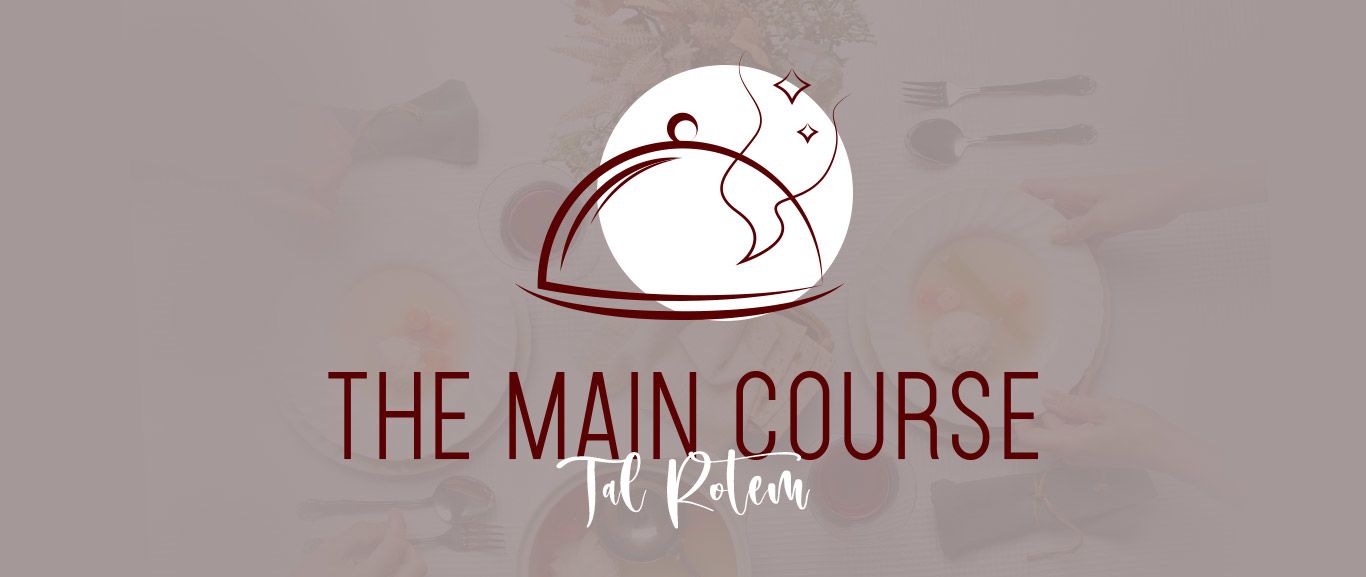
Rebbe Nachman’s Stories: The Main Course
True spirituality, like everything else good in life, is not built in a day. Whatever you do, don't leave the table - the delicacies are on the way…

Rebbe Nachman tells the story (“The Bitter Herb”) of two vagabonds, a Jew and a German. The Jew taught the German the basics of speaking and acting like a Jew so that they could invite themselves to a lavish Passover meal in some affluent Jewish home.
The two hoboes were really hungry by the time Seder evening rolled around. The German was especially ravenous, not having eaten for the whole day. He was gleefully anticipating all the delicacies that his Jewish road-mate had told him about. But at first, all the opulent Hebrew host gave him was a tiny piece of bland boiled potato dipped in saltwater. The glass of wine he drank on an empty stomach fueled his appetite even more, but the host just continued reading and explaining the Haggadah for over an hour.
Almost delirious, the German desperately longed for the main course, but nothing other than a stack of dry, round crackers was in sight. He ate a mouthful of them, and to his alarm, all the host gave him was a chunk of  horseradish, so hot that it seemed to set his esophagus on fire! He screamed, cursed his ill-fortune, and ran out of the house as if he were escaping from a band of demons.
horseradish, so hot that it seemed to set his esophagus on fire! He screamed, cursed his ill-fortune, and ran out of the house as if he were escaping from a band of demons.
Later that evening, the Jew returned to their encampment at the edge of town, beaming and more than satiated. “Idiot, if you had only waited just a little longer you would have enjoyed the best meal of your life, just like I did.”
* * *
When we complete our 120 years on this earth, the Heavenly Court will scoff at us too: “Silly, if you had only waited a little longer! If you had only persevered in personal prayer, you would have received all your heart’s wishes for the very best. But you gave up too early, before you built a suitable vessel for the Divine abundance that Hashem wanted to give you!”
Life is like a Passover Seder: we get a taste of wine before the meal. Hashem gives us a taste of a spiritual high before we deserve it or earn it. Then, we get the bitter herbs – the tribulations that seem to burn our very innards. But they pass, and then comes the luscious main course of happiness and gratification. However, we must be patient and we must build ourselves up, strengthening Torah and emuna bit by bit.
Rebbe Nachman teaches us that once Hashem showed Moses that the Land of Israel was especially conducive for acquiring patience, Moses longed to enter the Land. He knew how important patience is in serving Hashem.
Rebbe Natan writes that the secret of patience is one of the greatest and most profound that Rebbe Nachman ever revealed (see Likutei Moharan I, Torah 24). All good things come in due time. The period of waiting and anticipation is beneficial for us; the yearning for something worthwhile helps build a suitable receptacle for Divine spiritual abundance.
Any spiritual gain that’s too fast is detrimental. A person cherishes something that he looks forward to and works hard for. He disdains things that come quickly and easily. The newly observant Jews that have the meteoric rise and begin growing beards and sidecurls a few weeks after putting on tefillin for the first time often end up crash-landing in total spiritual regression.
Every new BT (baal teshuva, newly observant Jew) should know that real spirituality doesn’t come overnight. Allegorically, Rebbe Nachman says that if you come to purchase a rare persimmon-oil perfume, the seller tells you to wait (ibid, Torah 6:2). In other words, all good things come in time, but we simply must be patient, persevering in our daily Torah study, prayers, and mitzva observance.
In light of the above, we can especially understand why we must be patient while waiting for Mashiach. Judaism demands that we anticipate Mashiach and the full redemption of our people, yet refrain from speculating and forcing the issue. As long as we’re patient, realizing the the main banquet will soon replace the bitter herbs, then we’ll surely see Mashiach with our own eyes, amen! Whatever you do, don’t get up from the table!






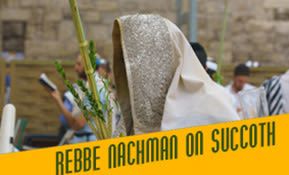
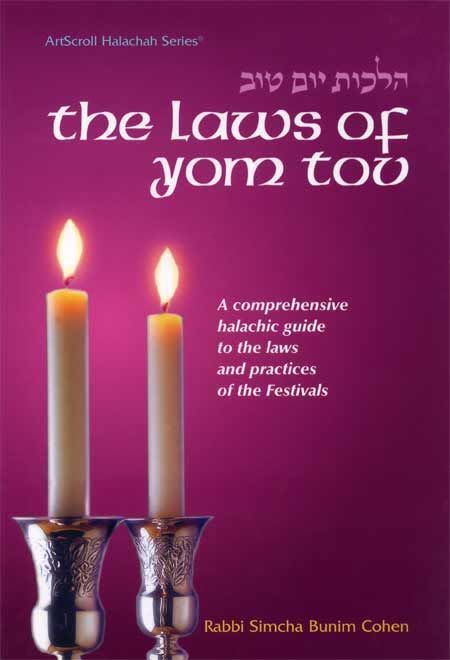
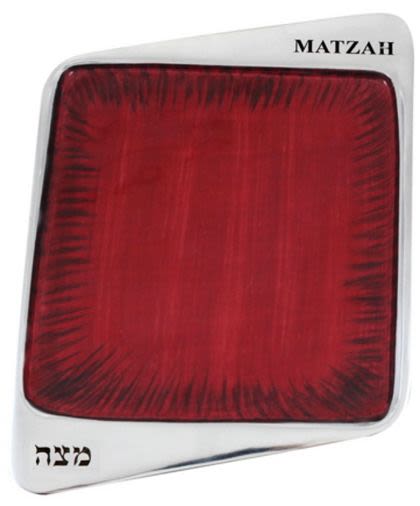
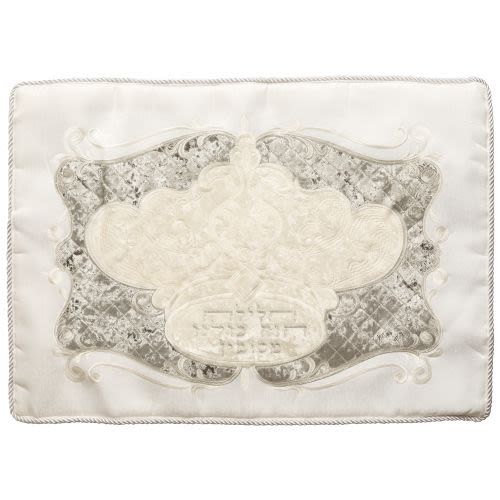

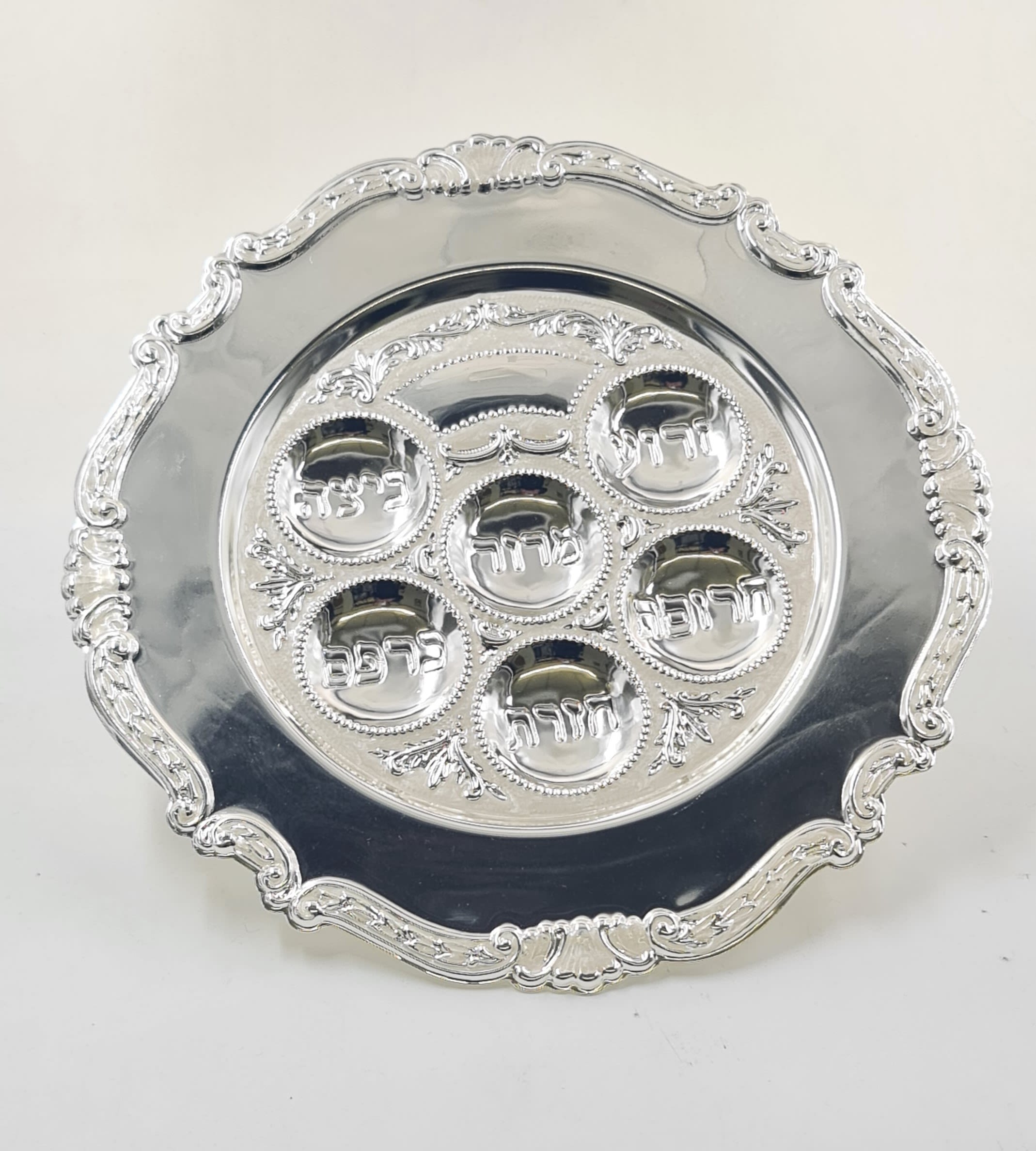
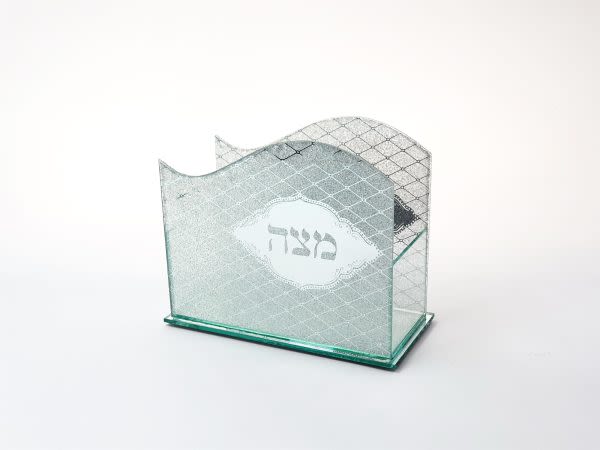
Tell us what you think!
Thank you for your comment!
It will be published after approval by the Editor.